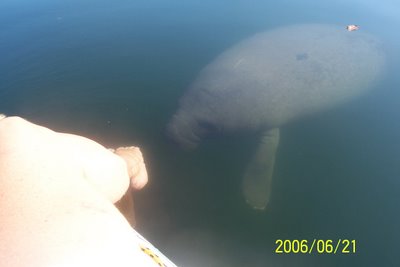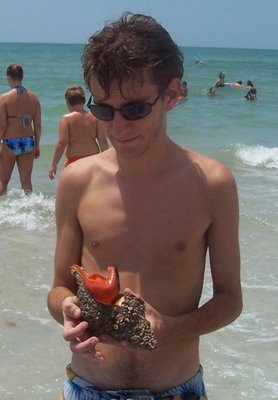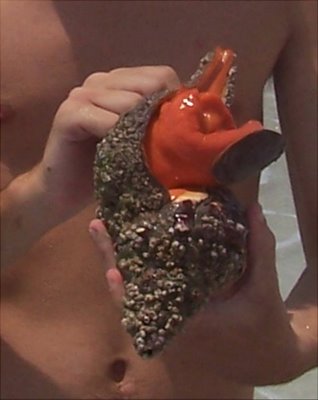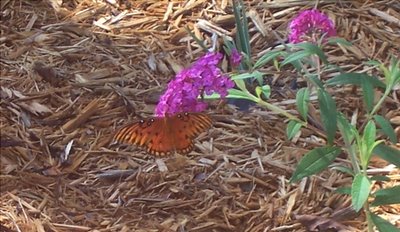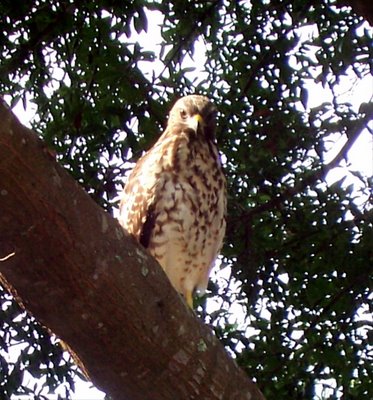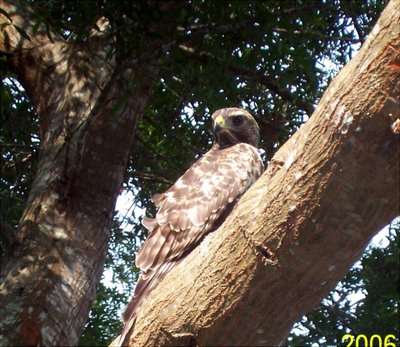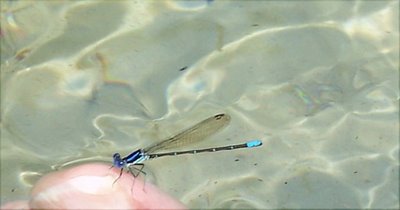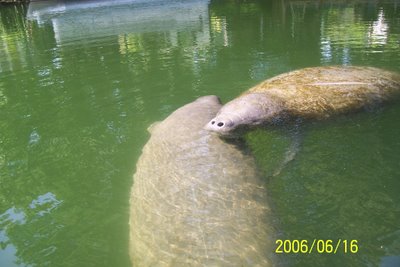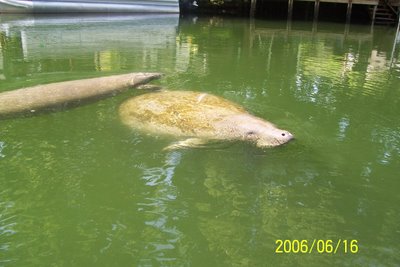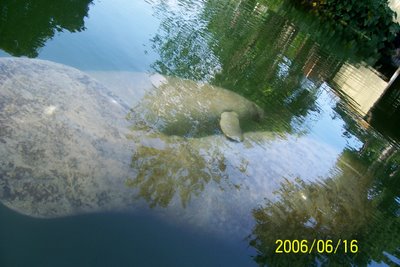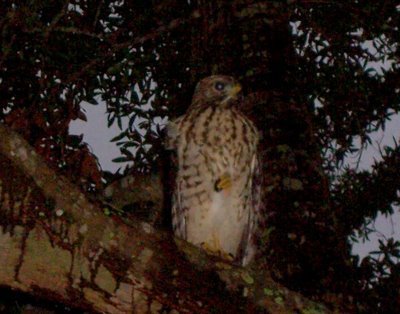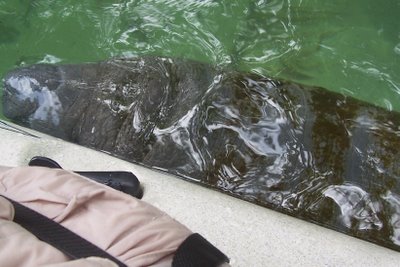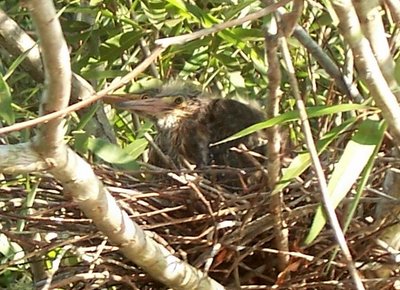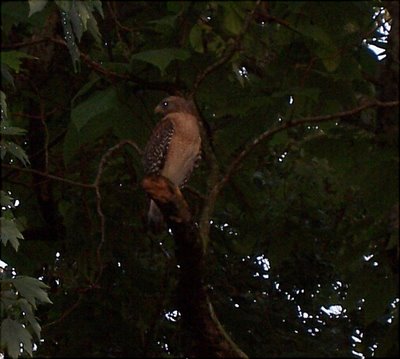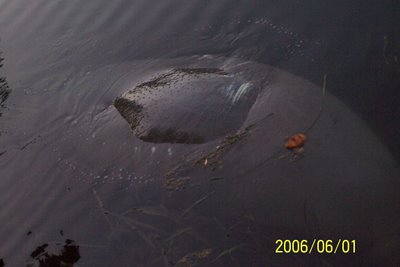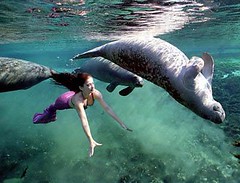I JUST RECEIVED THIS FROM SAVE THE MANATEES
Citizen's Call-In Day! PHONE NUMBERS INCLUDED IN THIS POSTING
CALL COMMISSIONERS AND GOVERNOR BUSH ON JUNE 6TH IN SUPPORT OF FLORIDA'S IMPERILED SPECIES
Next week, the Florida Fish and Wildlife Conservation Commission (FWC) will vote to downlist manatees and remove bald eagles from Florida 's imperiled species list.
Using a flawed classification system (see more information below), the FWC has already downlisted the red-cockaded woodpecker despite opposition from many scientists.
If the current classification system is not changed, many of Florida's at-risk species could suffer the same fate as the woodpecker, resulting in less protection and misleading the public into thinking these species have recovered.
In 5 years, according to the U.S. Census Bureau, Florida will surpass New York to become the 3rd most populous state in the U.S. The state is rapidly being developed, and Florida's at-risk species need all the protection they can get!
What You Can Do:
It is critically important that the FWC Commissioners and Florida Governor Jeb Bush hear from all state, national, and international residents on this issue.
Please join with other concerned citizens by calling the Commissioners and Governor Bush on Tuesday, June 6th and ask your friends, relatives, and colleagues to do the same.
It only takes about 3 minutes of your time, but the results could last a lifetime.
ACTION: On Tuesday, June 6th, please call the FWC Commissioners and Governor Jeb Bush and say the following:
Please delay the decision on downlisting manatees and delisting bald eagles until the state fixes their imperiled species classification system.
PHONE NUMBERS: FWC Commissioners: 850-487-3796Governor Jeb Bush: 850-488-7146Thank you for helping to ensure that Florida's imperiled species get the proper protection they deserve!
More Background on This Issue:-In 2005, the FWC modified its classification system to incorporate the listing criteria of the World Conservation Union (IUCN), a world authority on endangered species, except for one critical difference: The FWC did not properly align the IUCN's risk categories with the IUCN's category names and definitions. -The IUCN's "Critically Endangered" category became the FWC's "Endangered" category. The IUCN's "Endangered" category became FWC's "Threatened" category. The IUCN's third category of "Vulnerable," is considered the FWC's "Species of Special Concern." -If the FWC had adopted the IUCN classification system without modification, the manatee would continue to meet the criteria for "Endangered" status.
State biologists have said the manatee population could decrease by half in the next 45 years from rising threats to its long-term survival.-
There has been a 17% increase in manatee mortality from boat collisions in the last 5-year period (2001-2005) as compared to the previous 5-year period (1996-2000). -Under the current FWC classification system, a species would have to undergo, or be at risk of undergoing, at least an 80% decline in population in order to be listed as "Endangered" in Florida.
For a slow-maturing species such as sea turtles that take up to 35 years to reach reproductive age, recovering a population that has declined by 80% would be extremely difficult if not nearly impossible.-A species losing nearly 30% of its population over ten years probably would not even make it onto the FWC “Species of Special Concern” list. -As species like the manatee are reclassified to a lesser imperiled status before their populations have actually recovered, state funding for research, management, and law enforcement will likely be directed elsewhere, preventing full recovery.-Many of Florida's species will be downlisted or even delisted, not because their biological status has changed, but simply because the listing criteria used by the FWC has changed.




